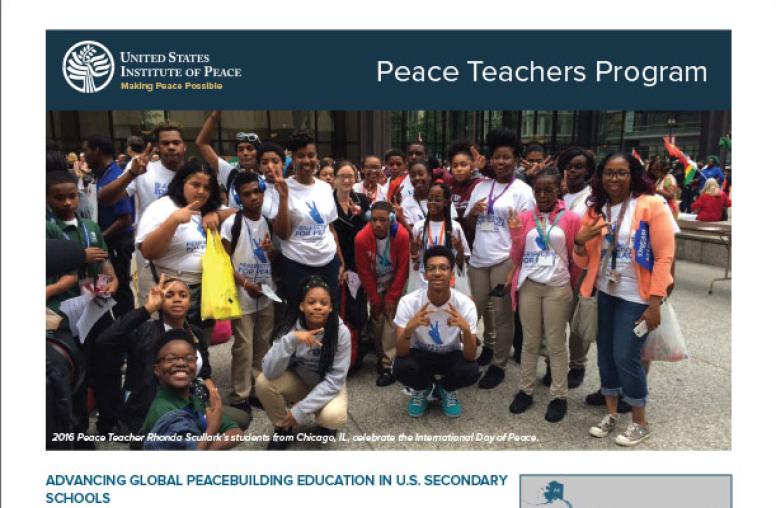Five Years Later: UNSCR 2250 on Youth, Peace, and Security
Reflecting on Progress and Barriers to the Youth, Peace, and Security Agenda
December 9 will mark five years since the U.N. Security Council unanimously passed Resolution 2250 on Youth, Peace, and Security (YPS). UNSCR 2250 was a milestone in the international community’s affirmation that youth play a significant role in realizing global peace and security. While youth have previously been depicted as victims, targets, or perpetrators of violent conflict, UNSCR 2250 represented a shift in discourse toward youth as peacebuilders and agents of change capable of preventing, mitigating, and resolving conflict in their communities.
Studies have demonstrated that including and partnering with young people helps foster a more sustainable peace. However, despite continued support from the U.N., and grassroots efforts to encourage inclusive representation of youth in decision making, there remain structural barriers that prevent youth from contributing to YPS on national, regional, and local levels.
On December 8, USIP hosted a discussion with the co-chair of the Global Coalition on Youth, Peace, and Security and two youth peacebuilders as they reflected on the tangible progress that has been made on the YPS agenda since the passage of Resolution 2250, as well as the challenges to effective implementation of the agenda around the world.
Continue the conversation on Twitter with #UNSCR2250.
Speakers
David Yang, welcoming remarks
Vice President, Applied Conflict Transformation Center, U.S. Institute of Peace
Lorena Gómez Ramírez
USIP Generation Change Fellow; USIP Youth Advisory Council Member
Cécile Mazzacurati
Head, Secretariat on Youth, Peace and Security, United Nations Population Fund; Co-chair, Global Coalition on Youth, Peace, and Security
Mridul Upadhyay
USIP Generation Change Fellow; USIP Youth Advisory Council Member
Rebecca Ebenezer-Abiola, moderator
Program Officer, Curriculum and Training Design, U.S. Institute of Peace


